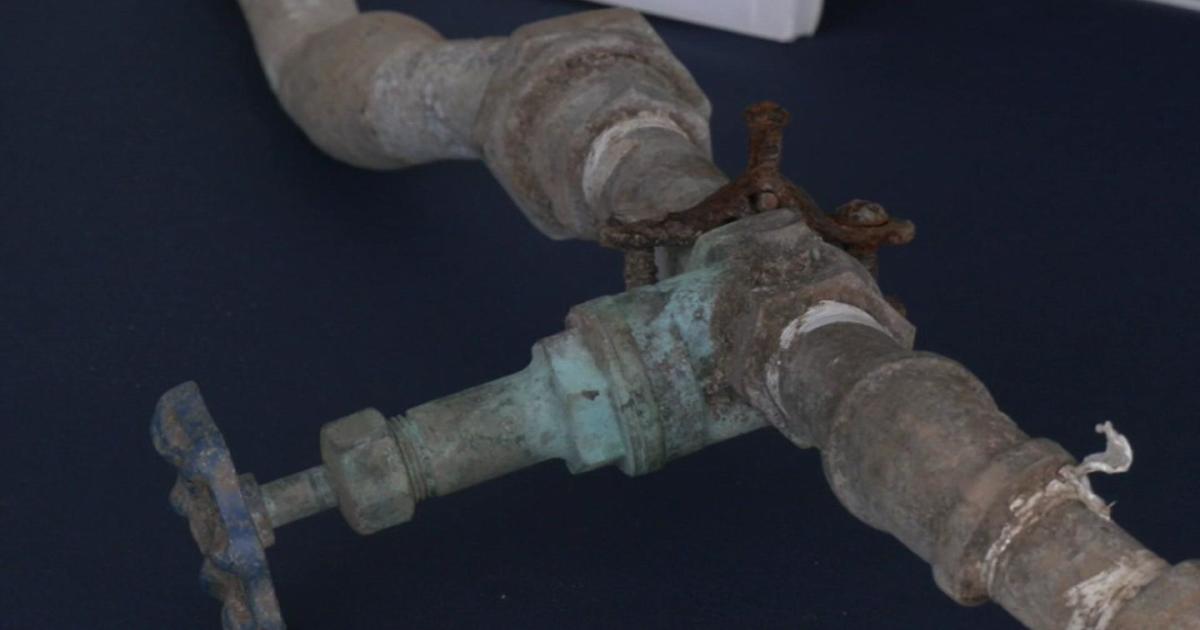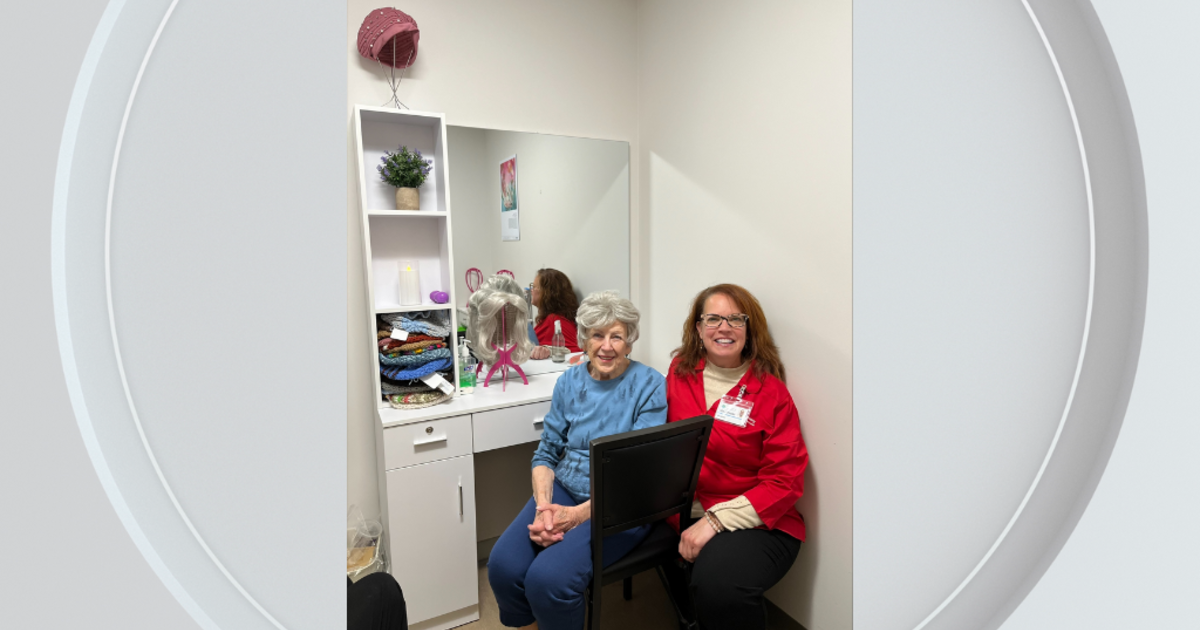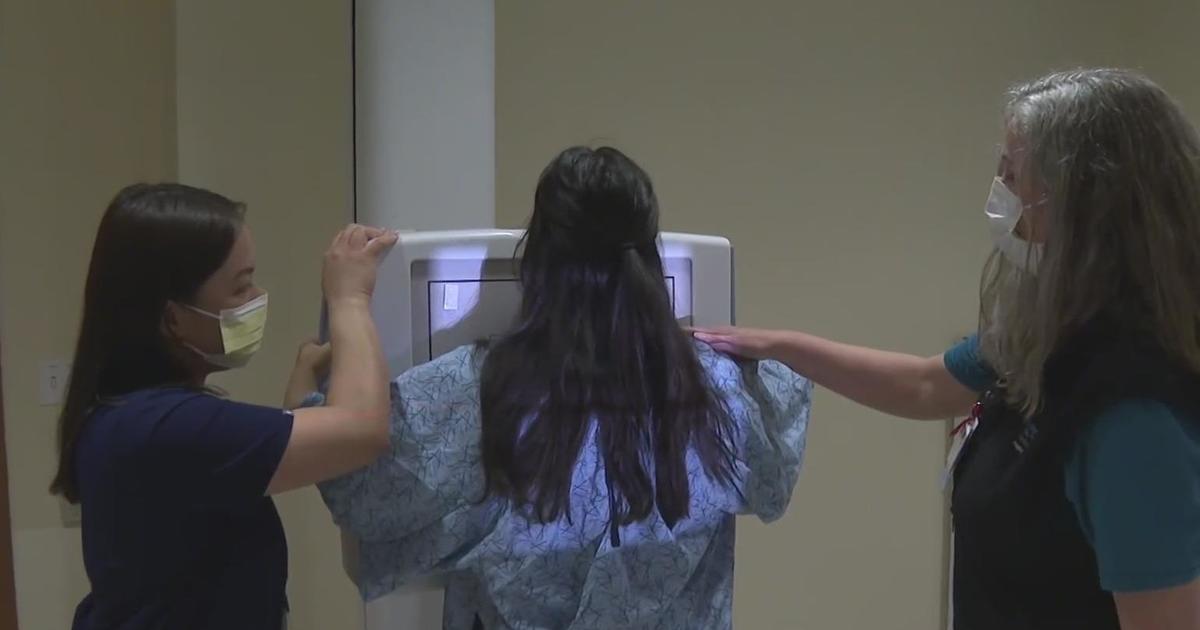Worked to death: Overworking can lead to negative health repercussions
PITTSBURGH (KDKA) - How much do you work, how many hours per week, and does anyone ever say to you, "you work too much?"
Post-pandemic, we're working more than ever and it's coming at a major cost...our health.
It all starts with a question - are you pressured to work coming from an outside source such as your boss or is it internal?
Here's the eye-opener: overworking can kill you.
"Yes, there's no question that chronic overwork is associated with bad health outcomes," said Dr. Amy Crawford-Faucher, a family medicine physician at Allegheny Health Network.
Dr. Crawford-Faucher said she isn't surprised, a new World Health Organization study indicated that overworking significantly increases your chance of a stroke or a heart attack.
"The longer you work the more cortisol, the stress hormone, is being put out, and that has actual inflammatory effects on your heart and your blood vessels," she explained.
However, she said it's not just the stress that's the problem.
"When you're working too much, you're probably not eating right, you're probably not sleeping enough and I'm pretty darn sure you're not exercising," Dr. Crawford-Faucher said. "You're not having fun to de-stress and building relationships and those are all the pillars of what makes someone healthy."
She added that when you work too many hours it affects the way you manage frustrations, your irritability goes up, and if you are prone to depression or anxiety, it can exacerbate it.
It also decreases your productivity.
As far as hours-worked go, a study of 5,000 workers done by U.C. Berkley found that performance is good for about up to 50 hours and then plateaus. It then plummets when you top 65 hours per week.
While it's easy to say, "stop working so much," it's truly easier said than done.
We all want to be on top of our game but playing the game too much can hurt us in so many ways. Lack of sleep, increased risk of heart attack or stroke, and so much more.
"There are external pressures which some people certainly have in their jobs, their internal pressures we put on ourselves too," Dr. Crawford-Faucher said. "I think there are some folks who are very connected to the work that they do and that's a very powerful positive force, too."
She said that if you're feeling tired, anxious, depressed, and only see the forest of work, not the trees, recognize the cause.
"Sometimes, taking a step back and saying, 'I'm going for that walk because that's going to make me a better worker with whatever my task is. I'm gonna go to bed and tackle this in the morning,'" she explained.
In other words, allow yourself to disconnect.
"Disconnecting for two hours at a time in the evenings so that you are fully present with your family, with your friends, has untold benefits," Dr. Crawford-Faucher said.
That included checking your email - if you're checking you're email, you're working.
I can already hear people saying "disconnecting doesn't get the work done."
That's true, but it refreshes us so when we do reengage, we're more productive and can get it done better and faster in many cases.




